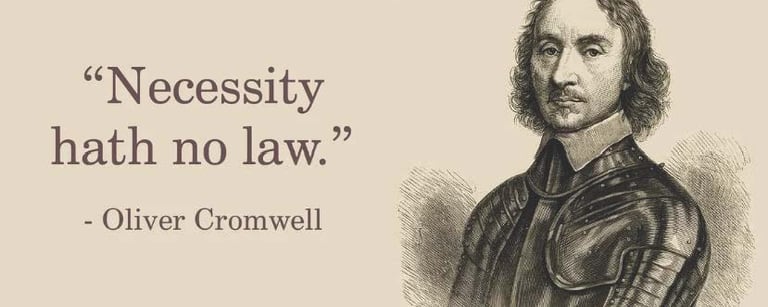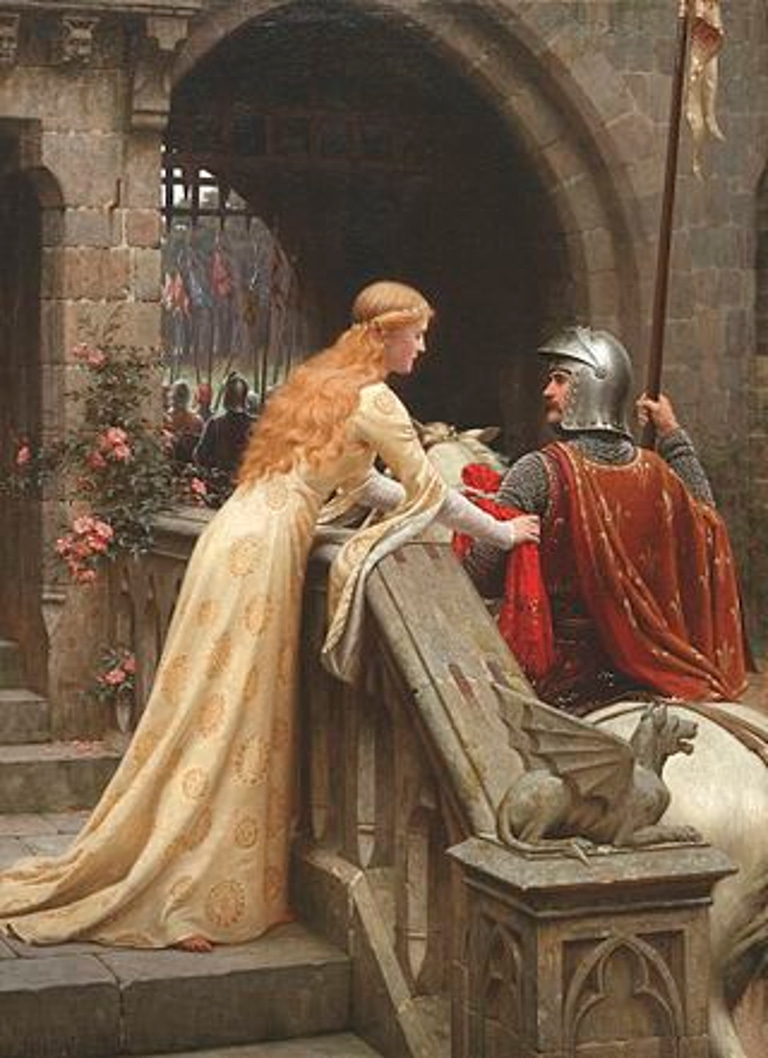Courage
Proper Resistance to Tyranny
Repudiation of Unlimited Obedience to Civil Government
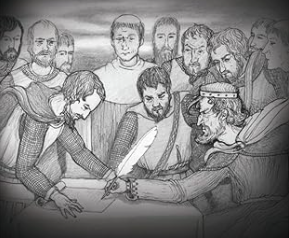

Self Government
People should not shrink from public controversy or their inborn capacity to be law givers.
For people to judge lawful matters for themselves is the highest civic virtue.
We have a well-established right and provenance to self-govern.
Family Government
Each level of family government has its own role, function, jurisdiction, and are to assist the individual in his or her own self government.
Spiritual Government
God is the ultimate Law-Giver and Ruler. This is the Standard by which we self govern.
The eternal difference between right and wrong does not fluctuate, it is immutable.
Civil Government
Civil Government is 4th for a reason in that,.. it can generally not be trusted.
Government - the worst instrument of evil the devil ever set foot upon.
If all men were angels, we would not need civil government.
“What we obtain too cheap, we esteem too lightly. It is dearness only that gives every thing its value. Heaven knows how to put a proper price upon its goods, and it would be strange indeed if so celestial an article as freedom should not be highly rated.” ― Thomas Paine
Government including people under its control are cowardly, corrupt, don't respect the social contract, the law, or the constitution.
We the People need to sit in judgement and render an enforceable verdict on their crimes. We cannot shrink from taking such a necessary step.
A Prince, by disallowing Acts of this salutary nature, from being the father of his people, degenerated into a Tyrant forfeits all rights to his subjects obedience.
So, guard with jealous attention the public liberty,.. suspect everyone who approaches that jewel.
Unfortunately, nothing will preserve it but downright force. Whenever you give up that force, you are inevitably ruined.
We are not weak, if we make a proper use of those means which the God of Nature has placed in our power,.. the battle sir is not to the strong alone, it is to the vigilant, the active, and the brave.
In a country, Law typically exhaustively covers the complete system of Law [The Constitution of Canada].
In a common law country with legislative practices in the English tradition [Parliament] modify the existing common law only to the extent of its express or implicit provision, but otherwise leaves the common law intact.
An act or code [must find its source in Law], is developed and used administratively for simplicity, and replaces the common law in a particular area, leaving the common law inoperative unless and until the code is repealed.
In a case of slightly different usage, in Canada and other common law countries that have adopted similar legislative practices, a code of law is a standing body of statute law on a particular area, which is added to, subtracted from, or otherwise modified by individual legislative enactments.
All "Acts" must find their source in "Law".
The Purpose of Civil Government and the Social Contract
The purpose of civil municipal government is to ensure local values and local control.
An assembly is a voluntary association of a free people and in times of need a committee is formed.
The committee is an investigative body called a delegation.
A committee or commission is a body of one or more persons subordinate to an assembly.
A committee is not itself considered to be a form of assembly.
Usually, the assembly sends matters into a committee as a way to explore them more fully than would be possible if the assembly itself were considering them.
Committees may have different functions and their types of work differ depending on the type of the organization and its needs.
The social contract, both public and private and their governing documents, are The Constitution of Canada, The Canadian Bill of Rights 1960, and The Canadian Charter of Rights and Freedoms.
Canada is based on a colonial structure and operates as a constitutional democracy.
In a constitutional democracy, any constitution will take basic characteristics.
The constitution can either be written (constitutional document) or unwritten (through custom or common-law).
Whereas the Constitution of Canada is the supreme law of Canada, and any law that is inconsistent with the provisions of the Constitution is, to the extent of the inconsistency, of no force or effect.
Whereas Canada is founded upon principles that recognize the supremacy of God and the rule of law.
And Whereas at its most basic level, the rule of law vouchsafes to the citizens and residents a stable, predictable, and ordered society in which to conduct their affairs and it provides a shield for individuals from arbitrary state action.
The Constitution of Canada is not an instrument for government to restrain people, it is an instrument for people to restrain their government.
The Constitution is the Law that governs those who govern us.
The Public and Private Law, the Rules of Law, and the Legal Order governs:
Public Actors, who are ½ half of the social contract:
Governments and the people under its control, who operate under presumption, assumption, and force.
These people have duties, obligations, and responsibilities not to harm the people of their community by taking the law into their own hands.
and
Private Actors, who are the other ½ half of the social contract being;
All businesses, incorporate or unincorporate and the people under its control, also have duties, obligations, and responsibilities not to harm the people of their community by taking the law into their own hands.
and
We The People, who have guaranteed rights and remedies against those who cause us harm, injury, or loss.
The Doctrine of the Lesser Magistrate
The Lesser Magistrate’s function and duty is to interpose against tyranny and oppression and act as a buffer between unjust law and the people.
The People of our communities are continually harassed and bound by fictitious language perpetrated by public and private actors and the people under their control.
We the People do not accept this behavior in our community.
Citizens are not bound to hold unlimited obedience to civil government actors or to any private actors.
We the People delegate all authority. This is the doctrine of the lesser magistrate.
We the People can and should appeal to the lesser magistrates by saying: "We call upon the captains of the guard [judges, police, military, pastors, and others willing to stand] to restore order and depose the wicked tyrants [pm, premier, mla, mayor, council, board, private actors, and the people under their control."
Law
When law and morality contradict each other, the citizen has the cruel alternative of either losing his moral sense or losing respect for the law.
The law has placed the collective force at the disposal of the unscrupulous who wish, without risk, to exploit the person, liberty, and property of others. It has converted plunder into a right, defense into a crime, in order to punish lawful defense. - Frederic Bastiat
Depository
I know no safe depository of the ultimate powers of the society but the people themselves; and if we think them not enlightened enough to exercise their control with a wholesome discretion, the remedy is not to take it from them, but to inform their discretion by education. This is the true corrective of abuses of constitutional power.
Let each citizen remember at the moment he is offering his vote that he is not making a present or a compliment to please an individual, but that he is executing one of the most solemn trusts in human society for which he is accountable to God and his country. - Thomas Jefferson
Liberty
The liberties of a people never were, nor ever will be secure, when the transactions of their rulers may be concealed from them. - Patrick Henry
Coronation Oath
To the early history of the coronation oath, it would be difficult to add, unless, which seems unlikely, some altogether fresh documents are discovered.
In any case, the course of history is plain.
The king bound himself by a threefold promise.
1. To preserve peace and protect the church.
2. To maintain good laws and abolish bad.
3. To dispense justice to all.
This oath had been taken by English kings from the tenth century.
It was taken by William the Conqueror and by his successors.
Henry I and Henry II issued coronation charters.
Neither Richard I nor John did so, but Henry III went back to the practice that had been followed by his grandfather, and the great charter as it was reissued in 1216, was in effect, a Coronation Charter.
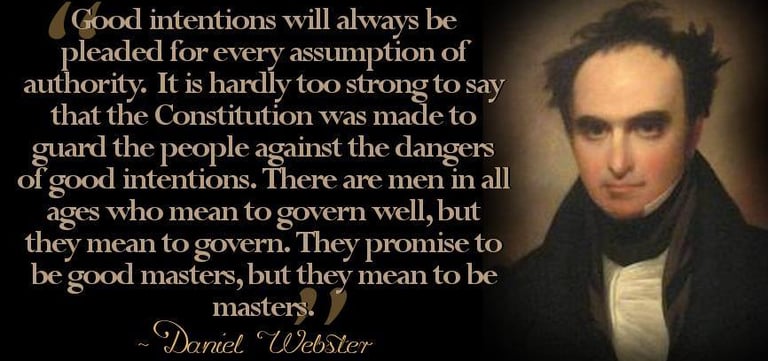

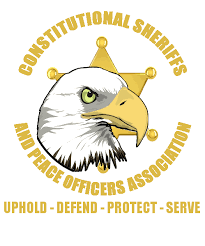

The purpose of Civil Government and Interposition by Constitutional Attorney Michael Peroutka as he addresses the Constitutional Sheriffs and Peace Officers Association. The American View of Law, Liberty, and Government.
12 Constitutional Attorney Michael Peroutka
Judiciary Committee – Preliminary Investigations
Mission Statement
To promote peace and prosperity through public understanding of the Rule of Law and the principles and practice of Due Process.
and practice of Due Process.
“If we suffer tamely a lawless attack upon our liberty, we encourage it and involve others in our doom.” - Samuel Adams
